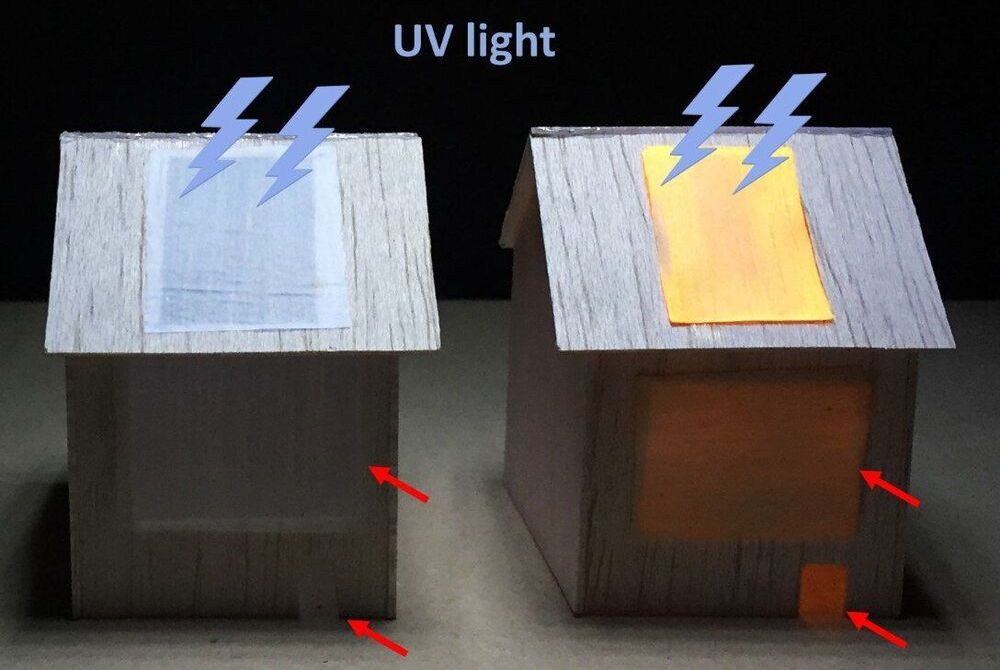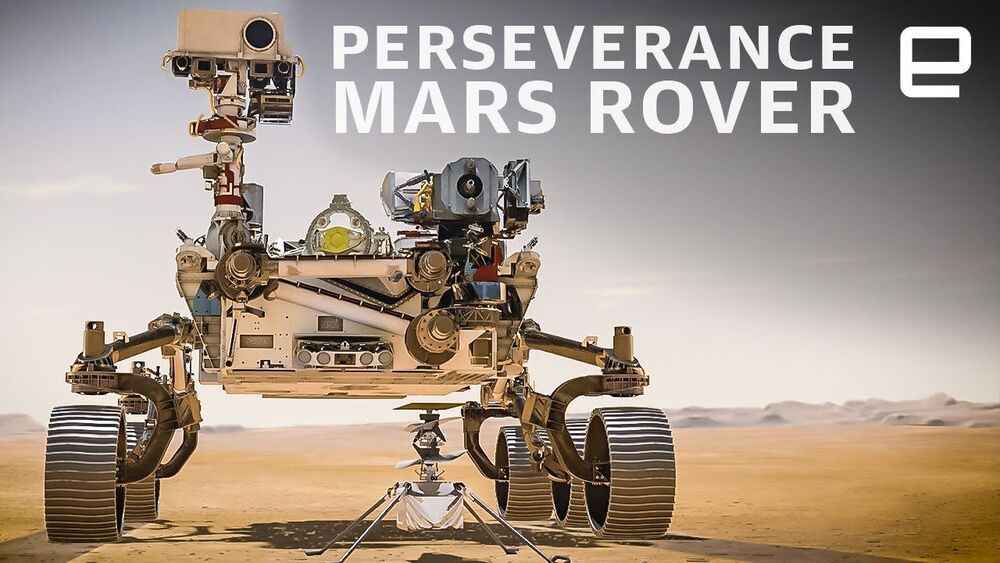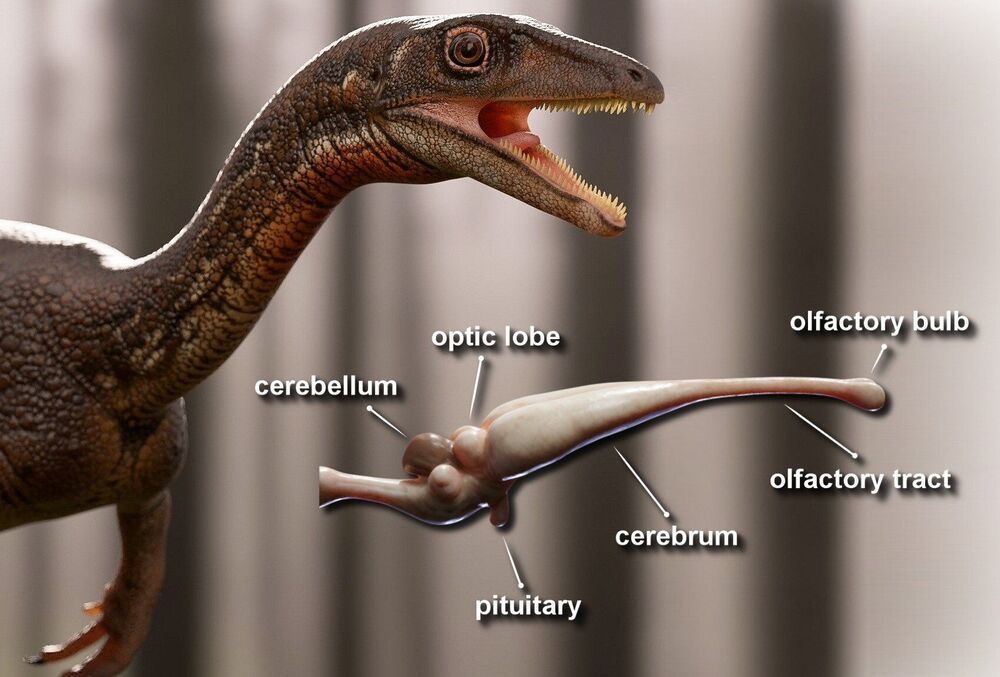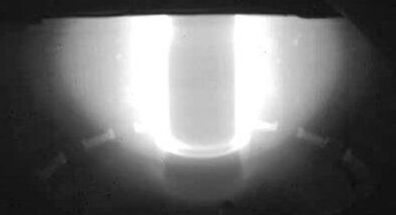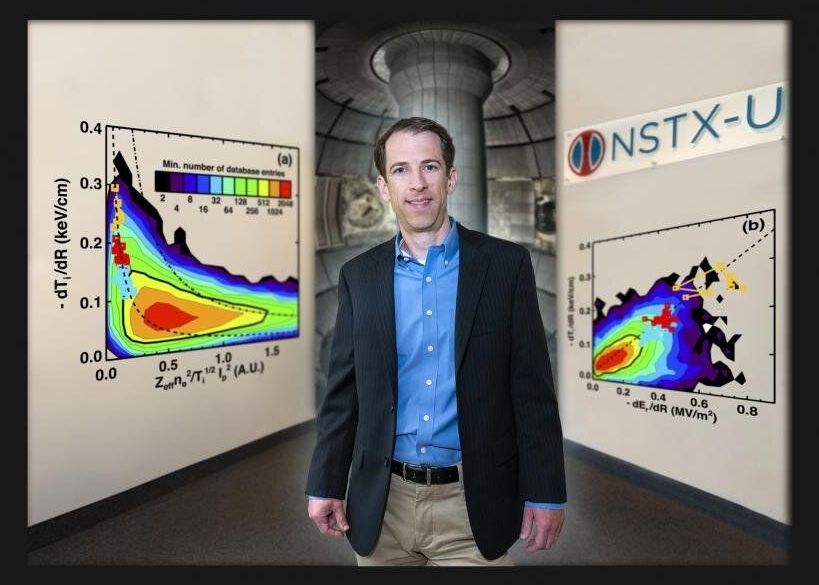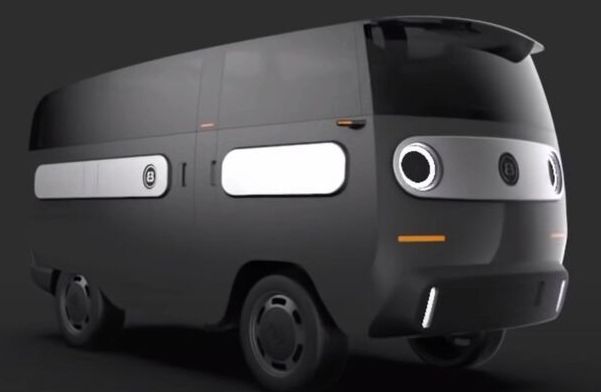Nov 4, 2020
Luminescent wood could light up homes of the future
Posted by Genevieve Klien in categories: nanotechnology, quantum physics
The right indoor lighting can help set the mood, from a soft romantic glow to bright, stimulating colors. But some materials used for lighting, such as plastics, are not eco-friendly. Now, researchers reporting in ACS Nano have developed a bio-based, luminescent, water-resistant wood film that could someday be used as cover panels for lamps, displays and laser devices.
Consumer demand for eco-friendly, renewable materials has driven researchers to investigate wood-based thin films for optical applications. However, many materials developed so far have drawbacks, such as poor mechanical properties, uneven lighting, a lack of water resistance or the need for a petroleum-based polymer matrix. Qiliang Fu, Ingo Burgert and colleagues wanted to develop a luminescent wood film that could overcome these limitations.
The researchers treated balsa wood with a solution to remove lignin and about half of the hemicelluloses, leaving behind a porous scaffold. The team then infused the delignified wood with a solution containing quantum dots—semiconductor nanoparticles that glow in a particular color when struck by ultraviolet (UV) light. After compressing and drying, the researchers applied a hydrophobic coating. The result was a dense, water-resistant wood film with excellent mechanical properties. Under UV light, the quantum dots in the wood emitted and scattered an orange light that spread evenly throughout the film’s surface.
